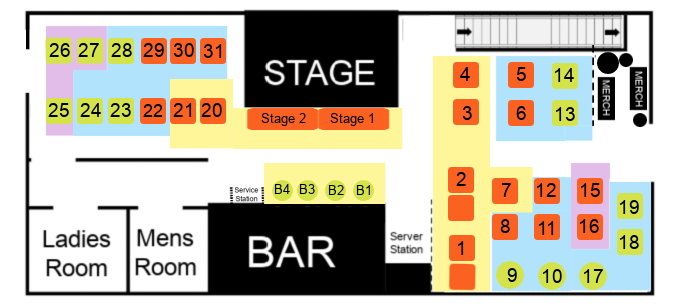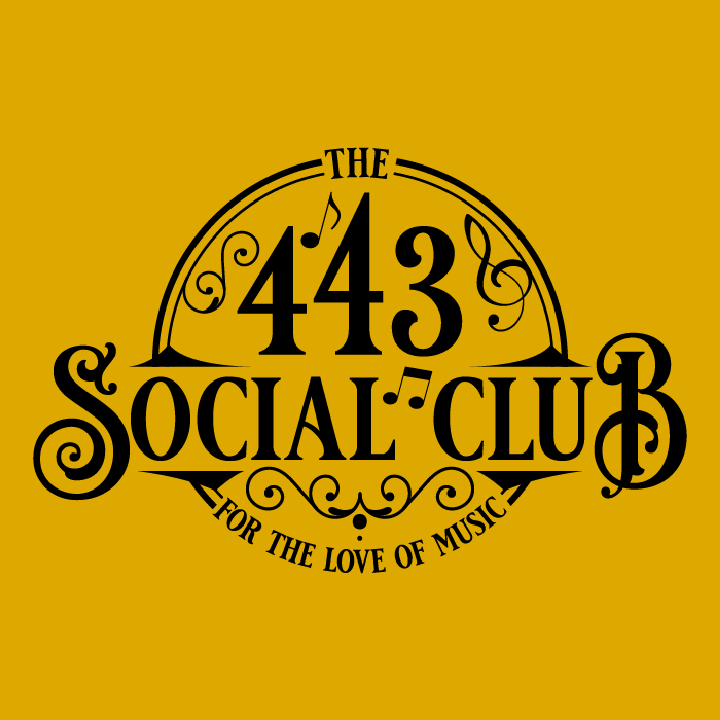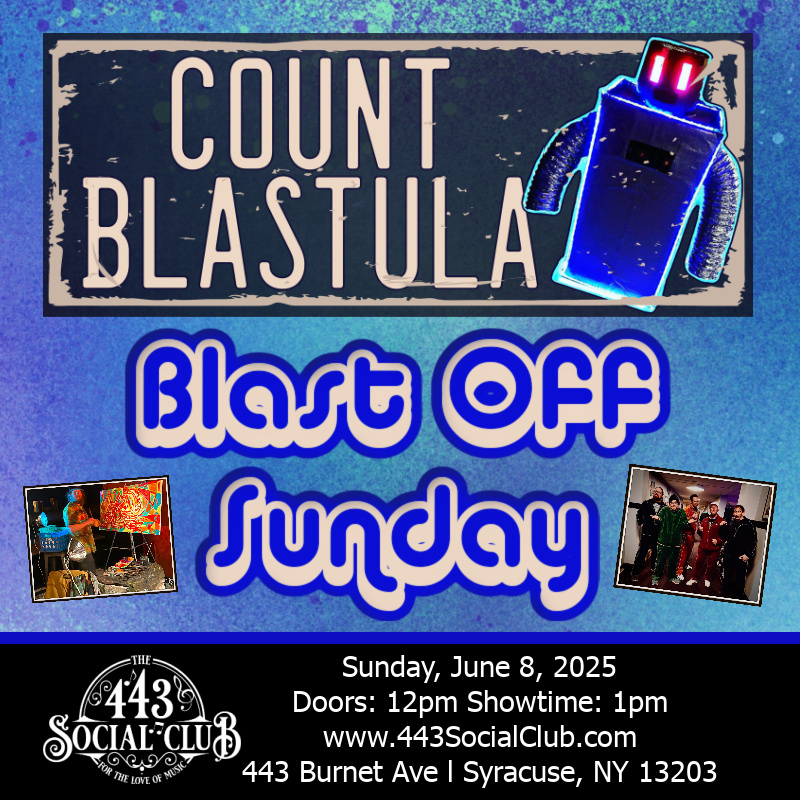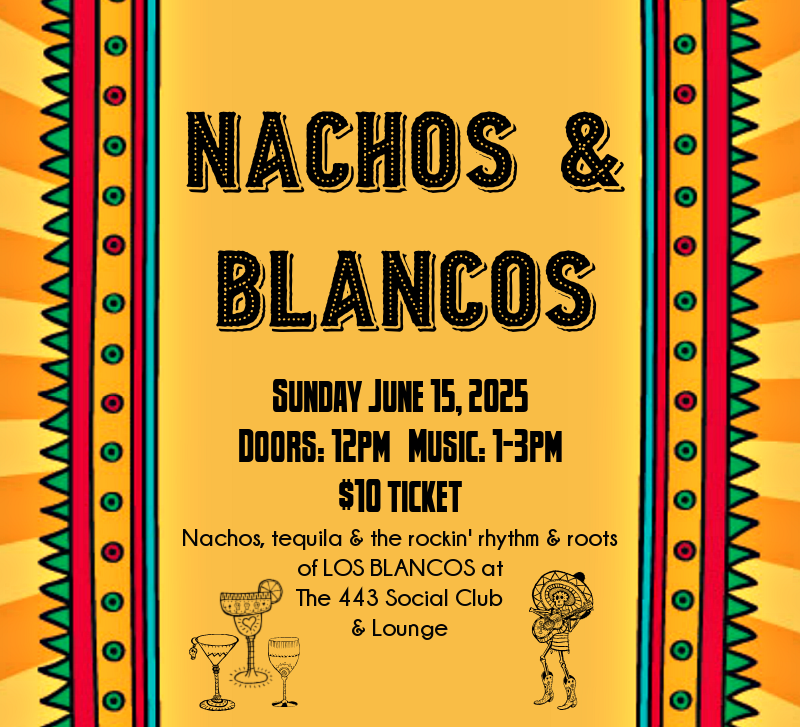
- This event has passed.
Tony Trischka – 11/24 – SOLD OUT!
November 24, 2024 @ 6:00 pm - 8:00 pm
$30 – $40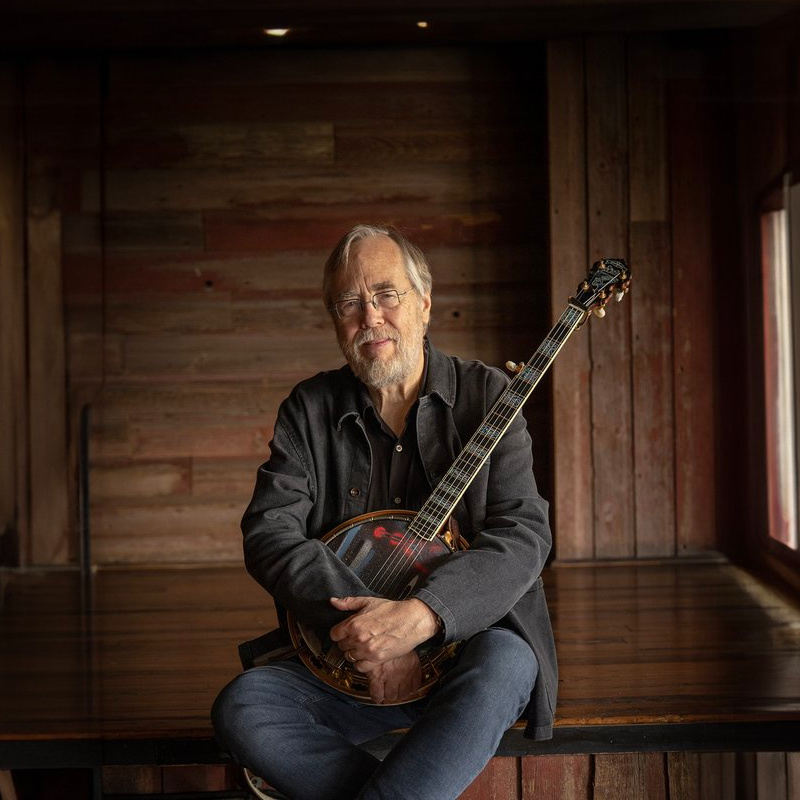
THIS SHOW IS SOLD OUT. FOLLOW THE TICKET LINK TO JOIN THE WAITLIST ON EVENTBRITE.
“Tony Trischka is known as the father of modern bluegrass” – New York Times
Tony was born in Syracuse, N.Y., in 1949, and raised in a home filled with music. There were Broadway scores and a sweeping range of classical music, from Stravinsky to Beethoven. (The first thing Trischka learned to play on the banjo, in fact, was the Ninth Symphony.) The wide- open American vistas of Aaron Copland had an especially potent spiritual and visceral impact on him, as did the folk music his left-leaning father held dear. The Almanac Singers, the solo work of its founding members Woody Guthrie and Pete Seeger, and Lead Belly’s children’s LP were in constant rotation.
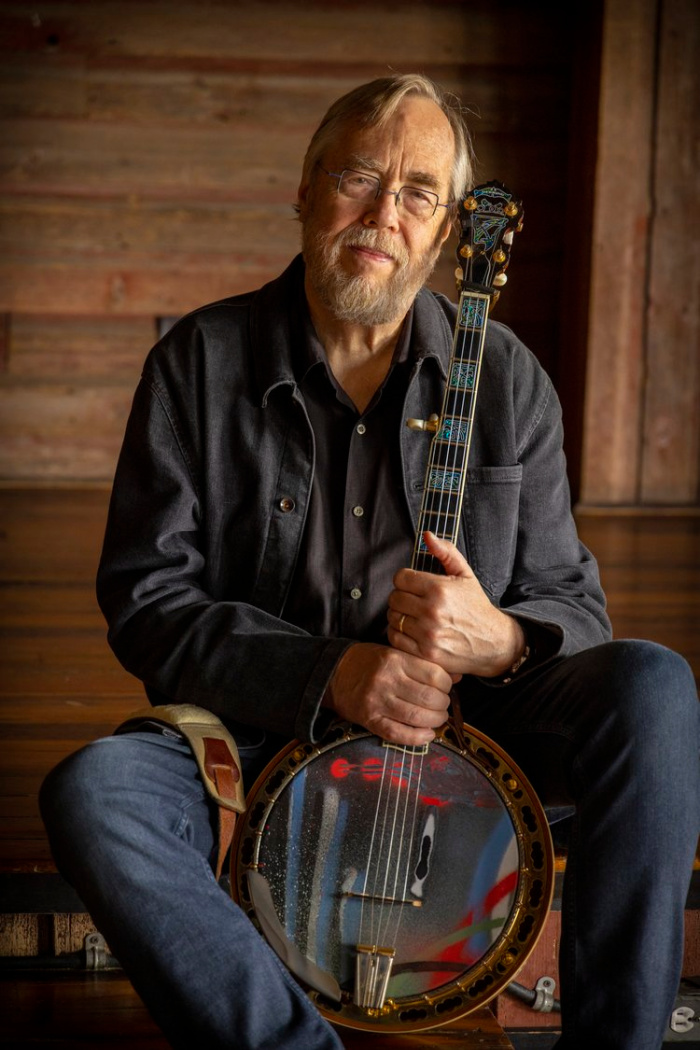
“Urban bluegrass whiz.”
– Time Magazine
That’s essentially the m.o. that defines Trischka’s landmark solo debut, Bluegrass Light, released on the Rounder label in 1974. “For the first album,” Trischka recalls, “I was just doing what I loved, music I was hearing.” That’s a characteristically understated way to describe his synthesis of a vast swath of the 20th century’s most interesting sounds: bluegrass staples, Van Dyke Parks’ orchestral psychedelic pop, Coltrane, Eric Dolphy, the heyday jazz-rock fusion of Mahavishnu Orchestra, Chick Corea, Weather Report and Zappa, and more. Many other milestone albums followed, among them 1983’s A Robot Plane Flies Over Arkansas, which refined the eclecticism of Bluegrass Light and featured such West Coast newgrass royalty as violinist Darol Anger, guitarist Tony Rice and mandolinist David Grisman.
For his 1993 release, World Turning, Trischka crafted a wildly ambitious love letter to the banjo and its mighty journey throughout America’s cultural firmament. Trischka’s reputation and goodwill allowed him to retain the services of champion company, here including Grisman, Parks, the Violent Femmes, Alison Krauss, R.E.M.’s Peter Buck and Bill Berry, and even beat icon William Burroughs. That project became an essential source of inspiration for Marc Fields’ comprehensive 2011 documentary, Give Me the Banjo, which Steve Martin narrated and for which Trischka acted as musical director and co-producer. (Musical direction is yet another of Trischka’s gifts, and he’s helmed ensembles for Broadway and off-Broadway productions as well as for New York City’s “Shakespeare in the Park.”) With frequent airings on PBS stations across the country, Give Me the Banjo was one more opportunity for Trischka to advocate on behalf of his chosen instrument.
“The great banjo liberationist”
– NPR
He’s raised the banjo’s profile in many other ways as well. Through his theme song for Books on the Air and performances on A Prairie Home Companion, Mountain Stage, From Our Front Porch and other programs, he’s been a frequent presence on NPR. His work with his pal Steve Martin too has helped the banjo gain a wider audience and deeper understanding. Trischka’s Grammy-nominated album Double Banjo Bluegrass Spectacular, released in 2007, and Great Big World, from 2014, feature Martin within a mix of veterans and up-and-coming luminaries. He produced Martin’s Grammy-nominated Rounder album from 2011, Rare Bird Alert, which touts performances by the Steep Canyon Rangers, Paul McCartney and the Dixie Chicks. His forthcoming album, Shall We Hope, is a visionary exploration of Civil War history featuring an all-star cast—from Michael Daves and Maura O’Connell to the Femmes, Catherine Russell, Guy Davis, the actor John Lithgow and many others.
In many ways, Trischka’s collaborators join him to pay homage to an architect of progressive bluegrass—an invaluable pioneer who absorbed the slings and arrows of roots traditionalists and proved that acoustic music could accommodate imagination and individualism. (Trischka, in his self-effacing way, insists he was simply falling into a longer-running tradition: “Bill Monroe, when he invented bluegrass, took all these other elements and fused them together,” he explains.)
One such apt pupil has been Béla Fleck, who began studying with Trischka as a teenage bluegrass wunderkind struck by his teacher’s wily, genre-bending original compositions. “He showed up and I knew, almost immediately, that this guy had it,” Trischka recalls. “Very quickly, after a few months, I said, ‘You don’t need lessons anymore. We’ll just kind of play and hang out.’ It’s been that way ever since, and we just have a great relationship.” Musically their connection has been fruitful, to say the least, and on collaborative albums like 1981’s Fiddle Tunes for Banjo, with Bill Keith, and 1992’s Solo Banjo Works their rapport is at once fiery and reflective, competitive and full of compassion.
Early in 2019, the banjo virtuoso, songwriter and educator Tony Trischka celebrated his 70th birthday with a surprise party at the Public Theater, in Lower Manhattan, a reasonable jaunt from his home in New Jersey. Naturally for an artist NPR has referred to as “the great banjo liberationist,” the well-wishers included musicians like Béla Fleck, the premier banjoist to emerge in the past four decades, and the comic genius Steve Martin, the banjo’s unofficial celebrity ambassador, whom Trischka calls “a wonderful player.”
“Father of banjo fusion.”
– The Wall Street Journal
But Fleck is just one of countless students that Trischka has imparted his hard-earned wisdom to, through his private instruction, his books and DVDs and his groundbreaking work with the ArtistWorks online teaching platform. In addition to his Grammy nominations, he’s earned a number of honors over the years, including the International Bluegrass Music Award for Banjo Player of the Year in 2007, and he was named a United States Artists Friends Fellow in 2012.
When Tony opened his mail one afternoon during the height of the Covid lockdown, he certainly wasn’t expecting to get a visit from his old pal, the late great Earl Scruggs. Of course, it wasn’t Earl at the door, but a mysterious thumb drive full of rare recordings of Scruggs jamming with John Hartford, mostly taken from private gatherings at Earl’s house during the 80s and 90s. Naturally, Trischka began pouring over the more than 200 songs, transcribing the all-new solos, tones, and tricks from the man he’d been studying for over half a century. Inspired, he featured a number of these pieces as part of an overview of Earl’s career, premiering the concept at the venerable Joe’s Pub in New York City. When Down The Road’s Ken Irwin heard a recording of the show, he and Trischka agreed there should be an album of this unique material.
Naturally, Trischka couldn’t wait to get his friends and colleagues together to flesh out this new material in the studio, and it wasn’t long before Earl Jam: A Tribute To Earl Scruggs—a brand-new album released June 7 via Down The Road Records—came to be.
“Whether or not you’re a banjo player, if you play bluegrass, you’re influenced by Earl. So it was easy to get world-class players on board,” says Trischka. Names like Stuart Duncan, Ronnie McCoury, and Darol Anger fill the album liner notes next to those of Molly Tuttle, Brittany Haas, Dominick Leslie, and Bronwyn Keith-Hynes, creating a cross-generational, genre-spanning band of, let’s face it, a heaping of the best pickers alive today.
DOORS: 4:30PM SHOWTIME: 6PM

TICKET OPTIONS:
We have 3 tiers of ticket options:
Tier 1 – (YELLOW) – Most expensive tickets. Regular height tables for two around the stage and single barstools at the bar.
Tier 2 – (BLUE) – Mid-priced tickets. High and low tables for two with excellent sight lines – particularly the high tables.
Tier 3 – (LAVENDER) – Least expensive tickets. Two low tables for two (15 & 16), plus (potentially shared) high tables for single attendees (25, 26, 27)
Green squares/circles on the floor plan are bar-height tables, orange squares are regular-height tables.
* If anyone in your party needs special seating arrangements – walker, cane, service animal, wheelchair, or low table requirement – please email us after you place your order. *